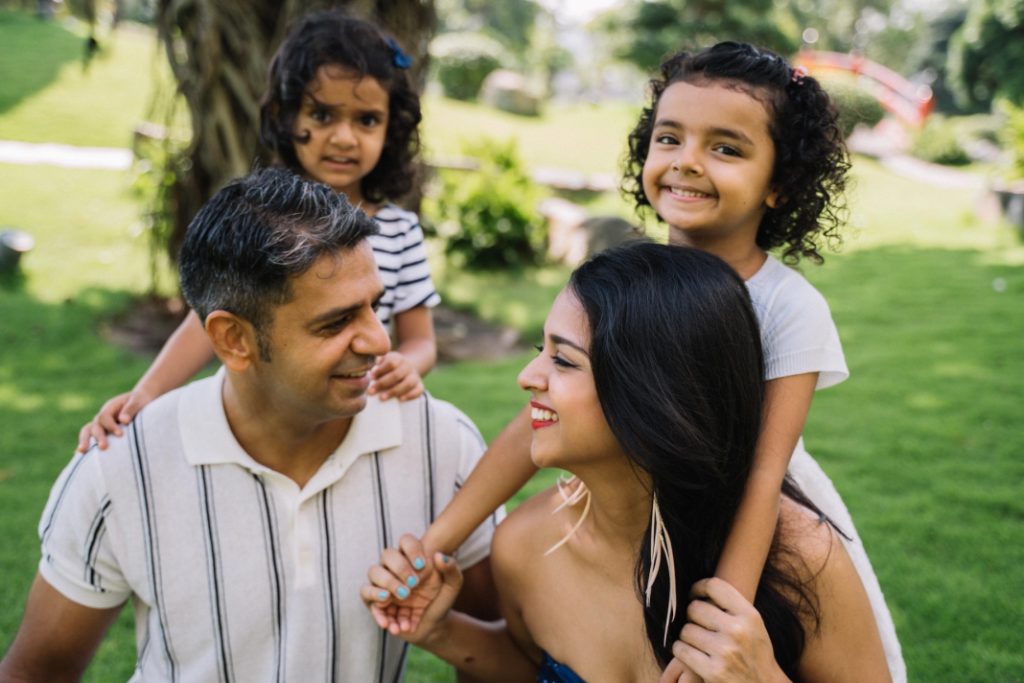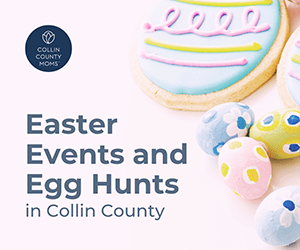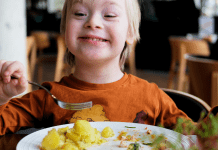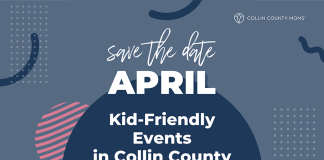How is it that the job of being a parent is one that formal education systems do not prepare us for?
When I walked out of the hospital with my newborn baby boy 12 years ago, I remember waiting for someone to run after me saying, “Wait! You have no idea what you’re doing; let me give you something that will help.” Then this angel from heaven would hand me a book that had ALL the answers any parent could hope for.
But alas, that did not happen, and my husband and I walked out of that hospital as clueless and even more dumbfounded than when we walked in.
Needless to say, we flew pretty blind those first few months. We relied on a handful of books and articles, and guidance from our doctors and parents, but all we really knew was to feed him when he cried and change his diaper when it smelled.
If I Knew Then What I Know Now…
When I returned to work and my son started daycare at three months old, the unexpected benefit was a treasure trove of parent education about child development vis-a-vis his teachers, the childcare center’s administration, and the community of families that all became our village.
Looking back, I was naïve in the transition from Pre-K to elementary. We went from a preschool experience of daily, in-person interactions with teachers, parents, and kids, to less access and visibility on the day-to-day school experience, which I know is necessary, but for a “parent-in-training” (which I will never cease to be) it was a tough adjustment.
As much as teachers and school administration at elementary, middle, and high schools want to help, there aren’t enough hours in the day to be a steady, ongoing source of education for parents about child development, parenting, discipline, nutrition, social skills, mental health and the countless areas where formal education, even some coaching could help tremendously.
So, what’s a parent to do?
Parent Education is for Everyone
Last year, my son’s elementary school sent a weekly newsletter. Sometimes I read it word for word, other times I skimmed, and one lucky day I scrolled all the way to the bottom and read a brief mention about Plano ISD’s Parent Education and Engagement Program (PEEP) with a link to learn more about upcoming webinars.
Clicking for more information that day introduced me to a community of trained professionals who provide parenting workshops, social emotional learning strategies, one-on-one parent partnering sessions, a parent resource library, and so much more!
The webinar schedule had weekly sessions with titles like:
- Learning Your Parental Discipline Style
- Setting Limits & Following Through: Effective Discipline
- Raising Children of Character
And later in the school year, sessions included:
- When Nagging Doesn’t Work
- Ways to Increase Your Child’s Self-Esteem
- Keeping Your Cool in the Heat of the Moment
- Social-Emotional Check-Ins
- Power Struggle—Trapped in a No-Win Situation
- I Never Planned to Yell this Much
Finally, I found a resource on parenting topics that resonated with me! I wasn’t able to attend all of them, but they all went on my calendar so I could easily join when my schedule allowed it.
 Parent Education Helps Us Work Smarter, Not Harder
Parent Education Helps Us Work Smarter, Not Harder
The webinars were easy to join via Zoom and the parent educator who led the session set a tone that was welcoming, constructive, and understanding. One session I joined had two attendees and another had 10. Admittedly, I wanted to see more parents in the session… why weren’t there 100 people on the line?!
What I appreciate is that I learned something new in each session that I could put into practice immediately, and it made a difference in our home. (Tip: Sessions are free, and you don’t need to be part of PISD to attend.)
My mantra is: The only thing in life I can control is myself—my thoughts, my actions, my reactions. And while I can’t control my kid, I can learn how to be a mindful parent and develop communication skills and an understanding of child development to help me handle the curveballs that life and parenting throw my way.
But there is no magical fairy dust that grants me all that wisdom all at once. Luckily, there are resources like PEEP to help me work smarter, not harder, in this parenting gig.
Seek Out Parent Education & Engagement
My son started middle school this year, and I was delighted to see PEEP in the school newsletter! This school year, parents can go to the Bird Educational Center to attend classes, meet with parent educators, and use resources in person.
The PEEP classes are hybrid so parents can register to attend virtually or in person. (Note that as of writing this piece the September calendar needs to be populated, but you can see a sampling of sessions in August.)
Preparing for the Heartbreaking Parts of Parenting
Earlier this year, PEEP shared a session hosted by the Grant Halliburton Foundation called Straight Talk About Youth Mental Health and Parenting. I hadn’t done any research beforehand, so I learned that the foundation is named for a young man who graduated from Plano West Senior High School whose struggle with depression and bipolar disorder led to suicide when Grant was 19.
While I didn’t expect a session about suicide, I was thankful to learn about the foundation and the resources it provides youth and adults and its advocacy for mental health. There are mental health resources for parents, young people, the LGBTQ+ community, educators and much more.
On September 21, the Foundation is hosting a conference at the Plano Event Center called When Life Hands You Teenagers. All upcoming events are listed here.
Why Parent Education is Important
Parenting is hard. And unlike other parts of our lives where there are systems, processes, and structures for advancement, learning, and recognition, parenting is a job for which there is no formal training. Seldom is there anyone waiting to give an A+ or a high five for a parenting win.
Bigger picture: As parents, we are preparing our kids to be citizens of the world. They are our future leaders, founders, entrepreneurs, scientists, teachers, legislators, builders, doctors, inventors, and how they feel about themselves and their purpose in this world, starts with us, their parents, guardians, and caregivers.
When we are equipped and educated on how to support them, how to understand their development stages so that our expectations of them are realistic, how to discipline them with love, how to give them structure with routines and good habits, we are shaping our future.
More Sources for Parent Education
Your local public library system. A Google search will turn up the best parenting books, but there is little time to read those books word for word. Many libraries provide digital apps that make checking out audio books very easy. You can download the audio version of a parenting book and then listen to it while in the car, sitting at soccer practice, doing the dishes, or folding the laundry. Use those moments that are conducive to multitasking for learning something new about parenting.
School counselors. School counselors and school administration get a bad rep because we usually reach out to them and vice versa when there is a problem. Take advantage of their childhood development expertise and ask them for recommended resources and advice.
Therapists. Mental health and wellness increasingly are becoming mainstream topics where people are more open about their feelings versus feeling shame for needing emotional and mental support. I’ve come to see therapists as life coaches who help us understand ourselves better. Many companies provide access to free counseling that everyone should take advantage of when it is available to them. If you find you, your child and/or your family are stuck in an issue, consider finding a therapist. Part of their job is providing tools to work through situations that are common to many families, another source of life education.
National Public Radio (NPR). Admittedly I am a public radio nerd and have been for 20 years. In the DFW area, KERA 90.1 is our local public radio station. It is, and always will be, my window into the world, the world that impacts my son whether he knows it or not. As parents, we need to expand our views of the world so that we can expand it for our kids and help them understand it and know how to function in it. Public radio is an always-on, free source of education available to everyone.













